Nine years on from the release of The Sims 4, EA continues to develop the next installment in the Sims franchise, known as “Project Rene,” though more often referred to as The Sims 5.
While many thought this would mean Sims 4 would eventually be wrapping up sometime soon, longtime Sims players will be relieved after EA today announced the company is aiming for both The Sims 4 and Project Rene to coexist; they will still offer support for the older iteration of the game after the new one is released.
“Project Rene and The Sims 4 will exist side by side,” EA’s blog post on Sep. 12 read. “We will continue to support both at the same time and will plan to bring more exciting content to The Sims 4 community for the foreseeable future.”
This is good news for longtime Sims 4 players because it means their investment won’t be going to waste. EA has continuously been releasing new content as well as improving old content, but with the next installment imminent some were reluctant to keep buying new DLC.
For the complete version of The Sims 4 (the base game plus every single DLC, including Expansion Packs, Game Packs, Stuff Packs, and Kits), it will cost you over $1000 USD. Though the base game is now free, without any DLC the game feels empty and epitomizes the style of the early 2010s, which might not be something you want anymore.
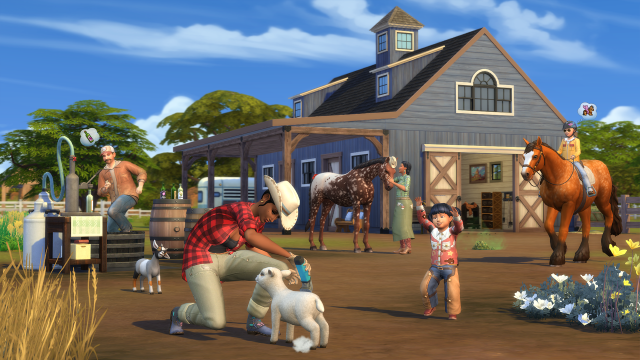
EA’s announcement that it will continue to support The Sims 4 with not only regular updates but also new content “for the foreseeable future” reassures players who have invested not only money but also time into the world-building title.
Many players enjoy rotational gameplay, meaning they hop around various families and characters and develop a story that spans across multiple generations, cities, and in-game achievements. Sims YouTuber James Turner, for example, has a recurring series that is played on a save file he’s had since at least 2017.
This type of expansive gameplay is made possible not only by immersive features that have been added to the game over the years but also by EA’s nine-year-long commitment to improving the title. Though the company receives criticism for continued glitches in the game as well as overcharging for some DLC, they have certainly taken a different approach with The Sims 4 compared to other games in the franchise.
The Sims 3, for example, was released in 2009 with The Sims 4 following it only five years later. The games are not cross-compatible in any way, running on two completely different engines with different baseline functionalities.
EA also emphasized wanting Project Rene to be “cohesive from the start,” hinting elements that are only available with DLC in The Sims 4 will be in the base game this time. Nevertheless, the coexistence of the two games seems to be a priority for EA.
We’ll have to see how many players decide to stick around on The Sims 4, move on to the new installment right away, or keep playing both.



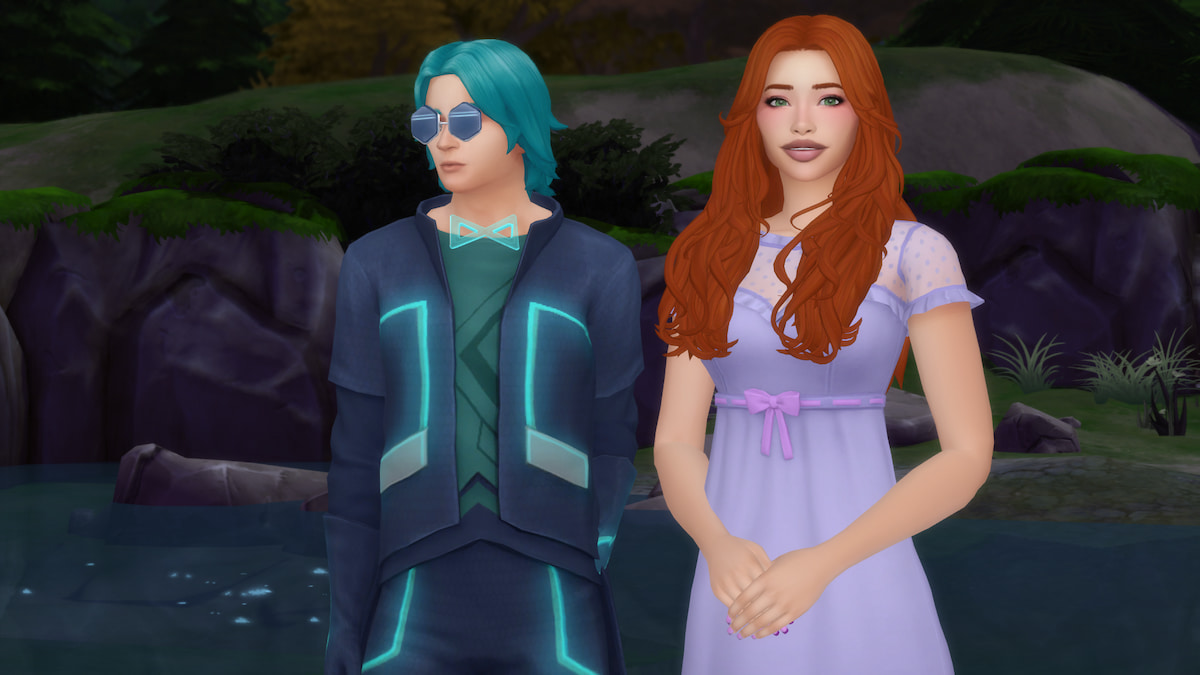
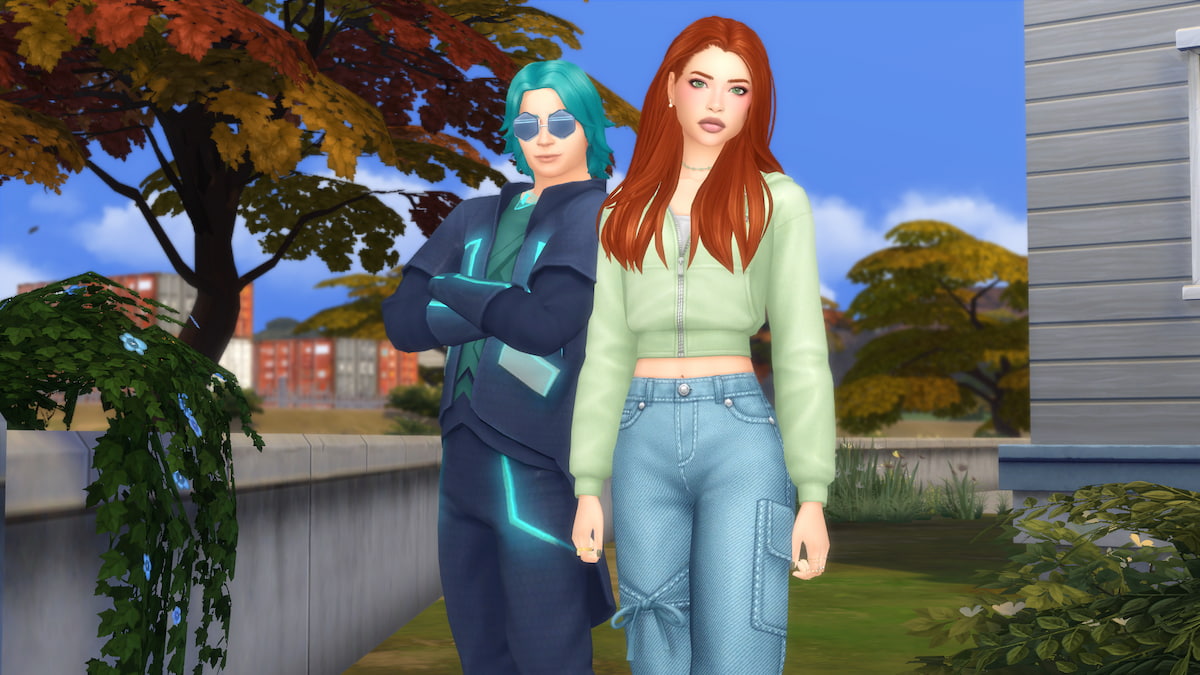
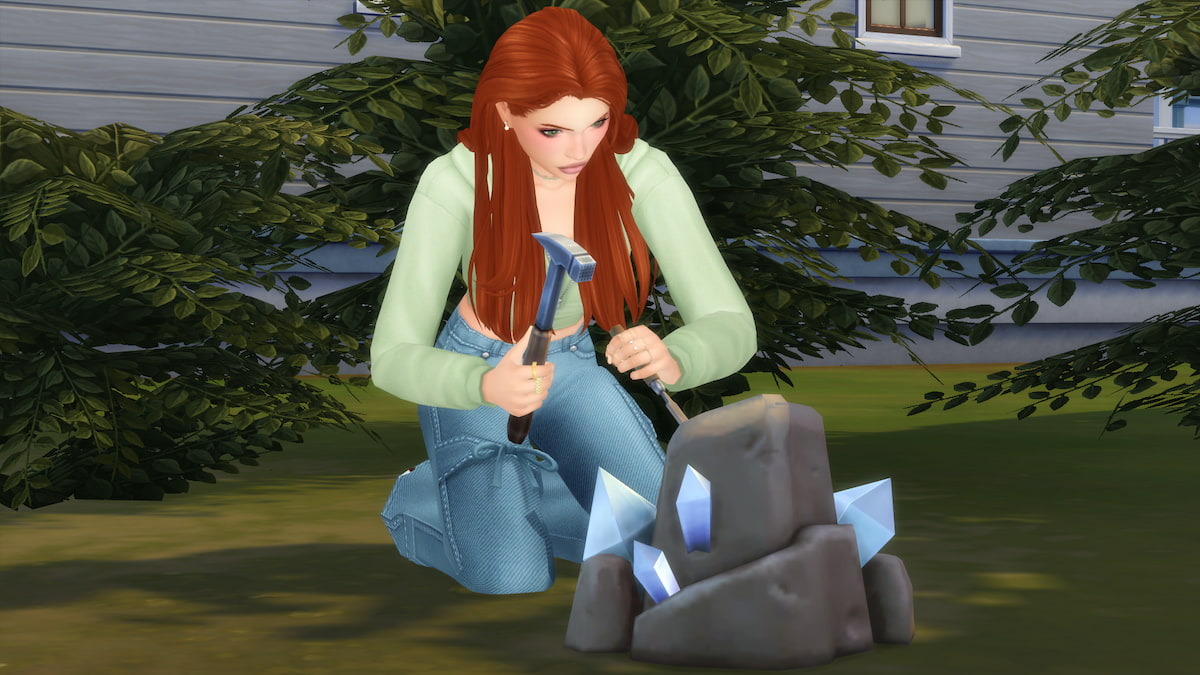
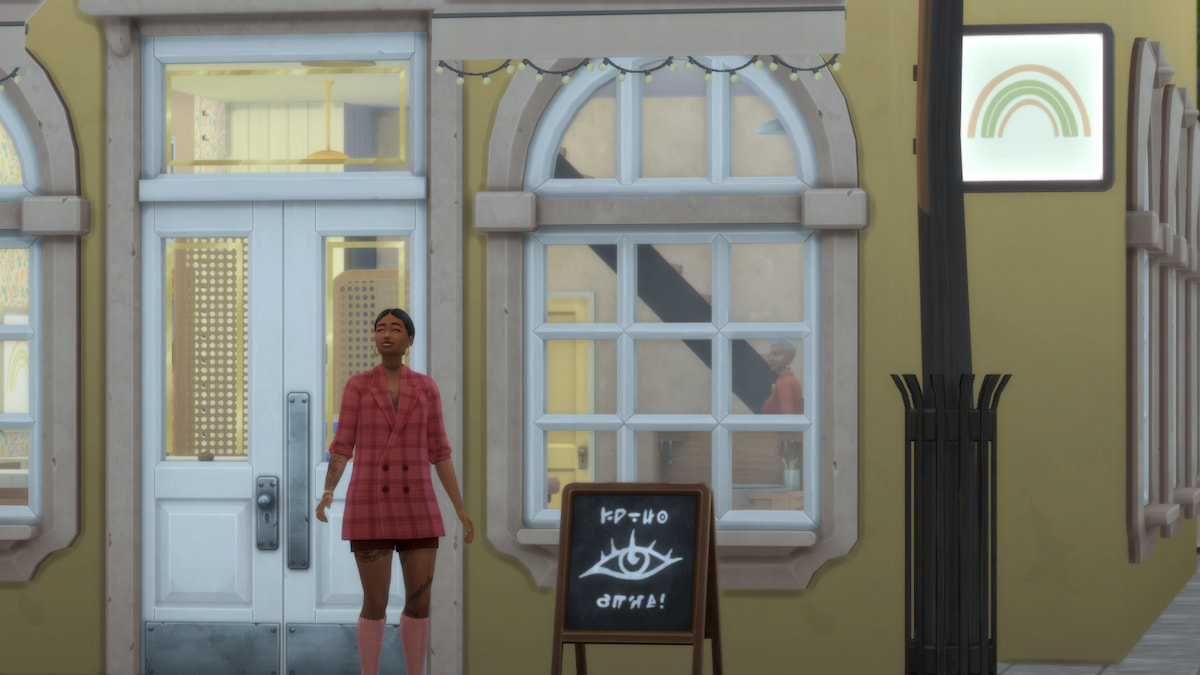
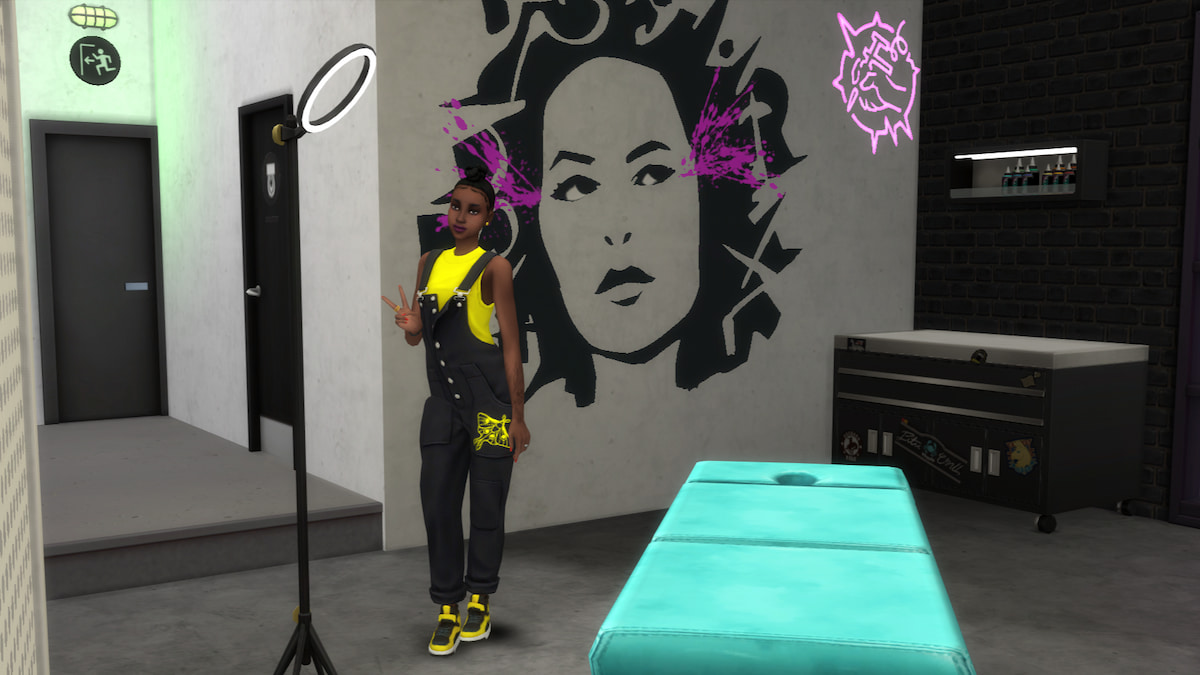


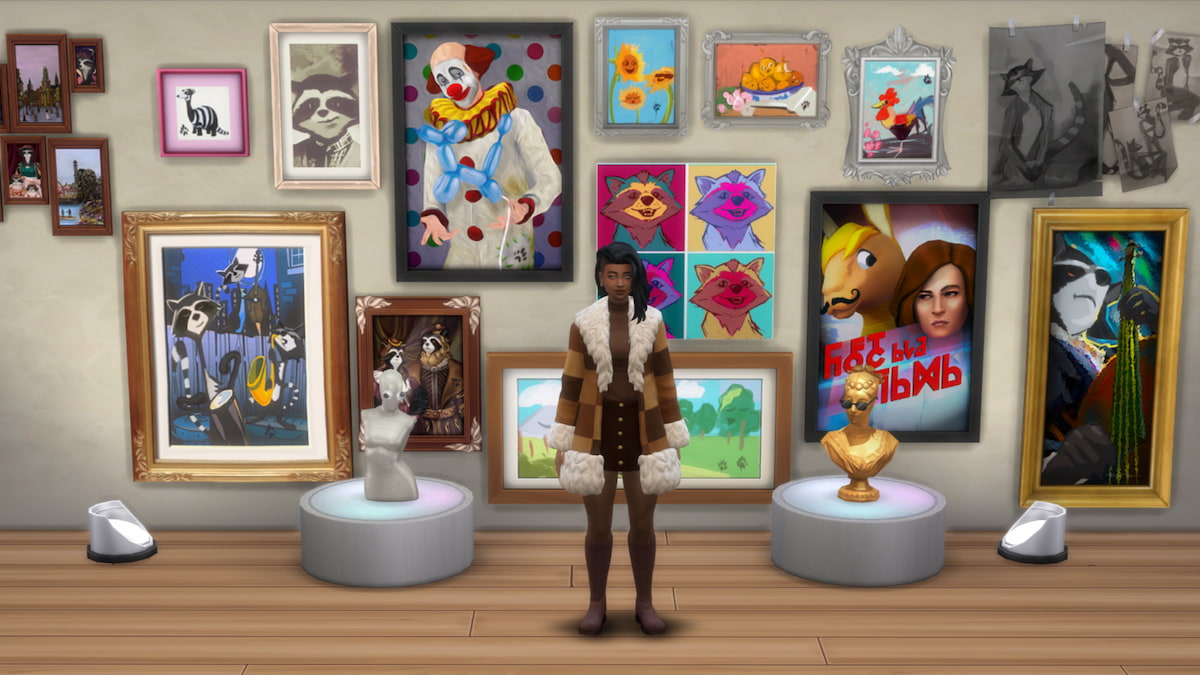
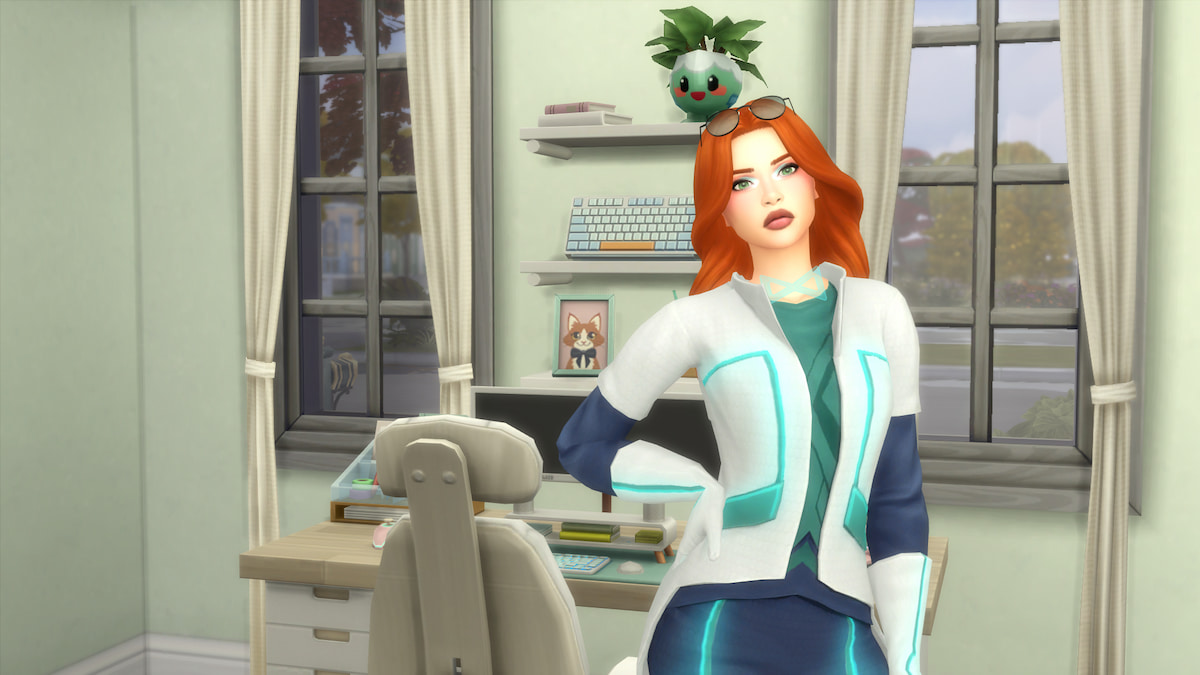
Published: Sep 12, 2023 09:13 pm